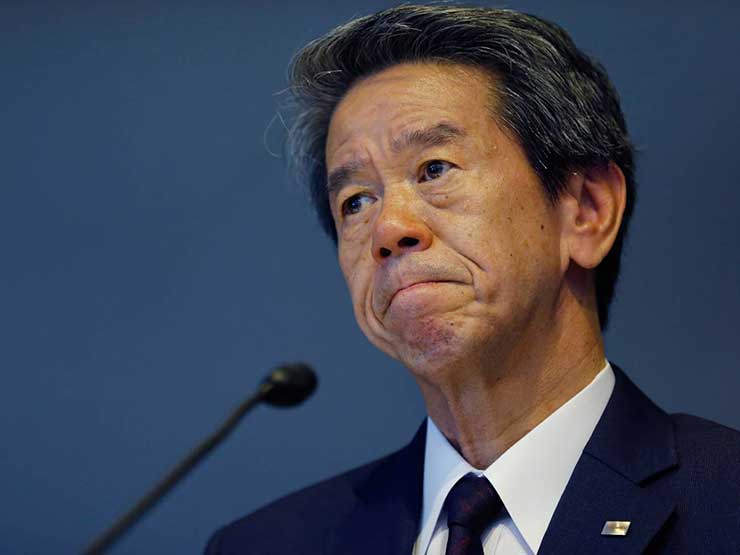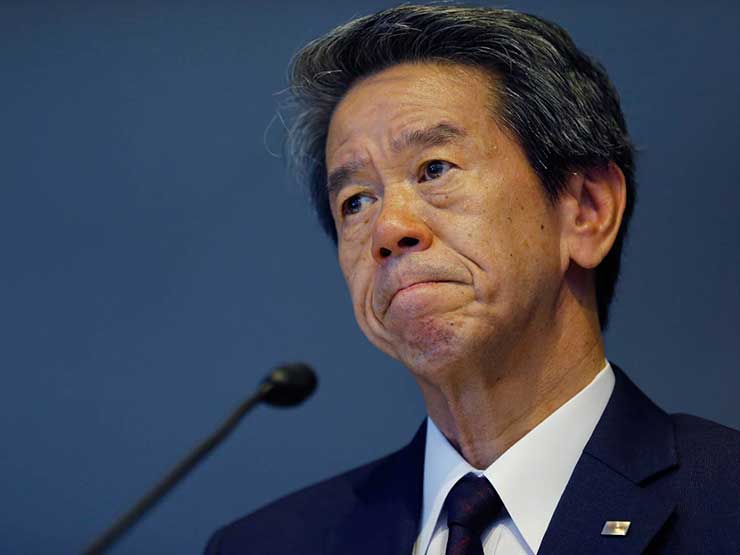The impact of today’s shocking fall from grace by Toshiba CEO Hisao Tanaka and his two immediate predecessors, Norio Sasaki, (who has been serving as Toshiba’s vice chairman) and Atsutoshi Sasaki, chief executive from 2005 until 2009 will effectively end the company’s consumer electronics operations, according to analysts.
Tanaka resigned today after the company was found to have overstated profits by more than US$1.2 billion. An independent panel investigating the matter, placed the blame for the scandal on Tanaka, Norio Sasaki and Atsutoshi Sasaki. In response, eight of Toshiba’s 16 board members will resign.
Euromonitor Consumer Electronics Analyst, Karissa Chua based in Singapore told Appliance Retailer in an interview this morning, that in the near term, this will impact the morale of Toshiba’s employees and hinder Toshiba’s ongoing transition plan from its consumer electronics business to its energy and components business.
Toshiba CEO Hisao Tanaka resigned today amidst a corruption scandal.
Chua added that the Toshiba incident highlights the struggles which have plagued many Japanese tech firms in recent years.
“ With the exception of cameras, Japanese firms are no longer able to compete effectively with the likes of companies like Samsung and Lenovo, “she said.
Chua believes that Toshiba is too far behind its competitors to reverse its declining fortunes in consumer electronics. “It should instead focus on speeding up its restructuring plans and divert its resources in consumer electronics into its core business (Energy and components).”
“Toshiba will find it a challenge in negotiating new contracts with its partners and customers as they will be hesitant about committing due to the uncertainty around Toshiba’s upcoming roadmap with the potential fines,” Chua said.
Unrealistic pressures
Toshiba chairman Masashi Muromachi will now take over as interim chief executive.
According to a Wall Street Journal report, the panel, led by a former top prosecutor, said the executives put intense pressure on the company’s business units to achieve unrealistic profit targets. Management sometimes issued such challenges shortly before the end of a fiscal quarter or year, encouraging division heads to cook the books, the panel said.
“The improper accounting procedures were continuously carried out as a de facto policy of the management,” the report said. “And it was impossible for anyone to go against the intention amid Toshiba’s corporate culture.”


